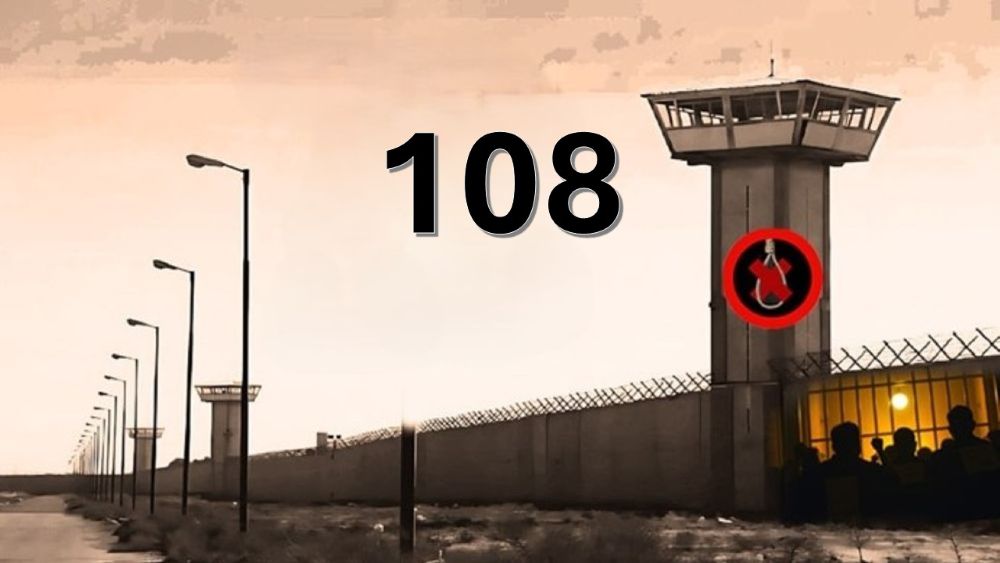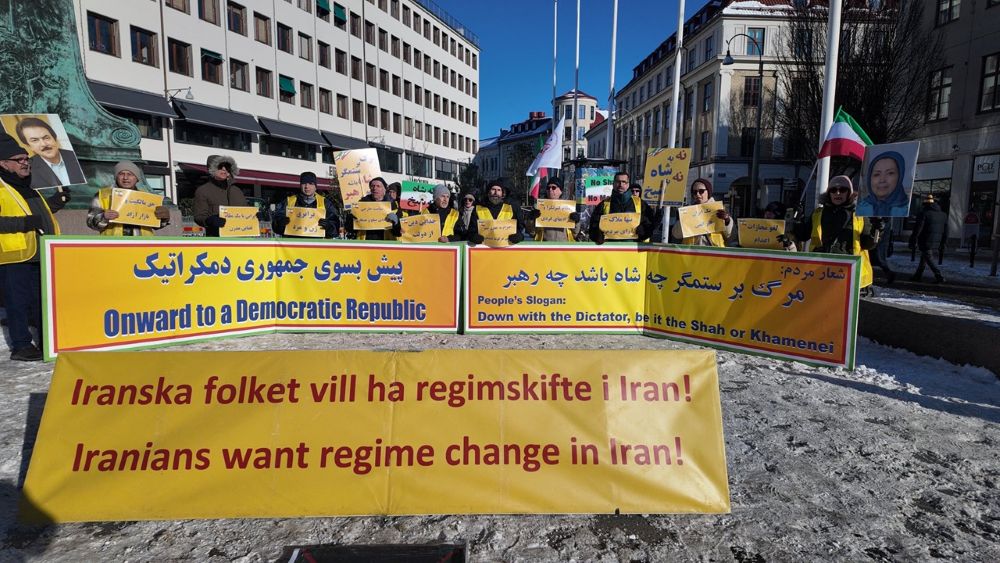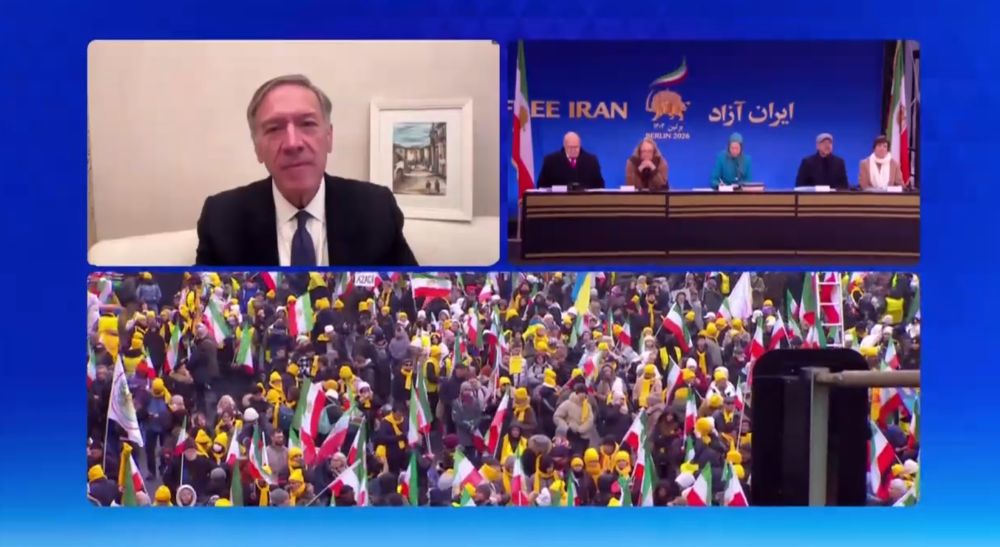The strategic deadlock of the mullahs’ regime
After Iran regime’s foreign minister, Mohammad Javad Zarif’s failure in his trip to the US to lure America, it finds itself in a strategic deadlock.
By Mahdavi
This strategic deadlock comes at a time when Ali Khamenei is trying in vain to close the widening rifts in his regime after two recent strategic blows it received, the crippling sanctions against the regime’s oil exports, being its most important source of income, and the U.S. State Department designating the Islamic Revolutionary Guards Corps (IRGC) as a “Foreign Terrorist Organization” (FTO).
This strategic deadlock has widen the schism among regime factions as in the most recent case of Javad Zarif’s quest of launching a negotiation with US:
The Ebtekar newspaper, Rouhani’s faction: “In his visit to New York, Zarif showed Tehran’s desire to negotiate….”
And on the other front: Qassem Soleimani, Commander of (IRGC) Quds Force in confessing to the strategic deadlock, rejecting negotiations: “ America wants to force us to enter talks with this country … any negotiation under the current circumstances is surrendering to America…”.
Beyond all disputes, it is clear that Zarif’s proposal in New York to open a new round of dialogue under the pretext of prisoners exchange was not a decision that the Rouhani administration made overnight and its foreign minister announced suddenly.
Khamenei must have known and approved it. In fact, Rouhani and Zarif have not been the decision makers behind this maneuver and the current U.S. administration knows very well who makes major decisions in Iran. As in Zarif’s resignation, U.S. Secretary of State Mike Pompeo tweeted: “We note @JZarif’s resignation. We will see if it sticks. Either way, he and @Hassan Rouhani are just front men for the corrupt religious mafia. We know @Khamenei makes all final decisions. Our policy is unchanged—the regime must behave like a normal country and respect its people.”
We note @JZarif’s resignation. We’ll see if it sticks. Either way, he and @HassanRouhani are just front men for a corrupt religious mafia. We know @khamenei_ir makes all final decisions. Our policy is unchanged—the regime must behave like a normal country and respect its people.
— Secretary Pompeo (@SecPompeo) February 26, 2019
In his trip to US, Zarif did his best to create a discord amongst the U.S. Officials. This is a known tactic of the Iran regime for years: create dissension and rule.
But the U.S. did not have any tendency to get involved in Zarif’s proposal. In an interview on “Fox News Sunday”, without naming Zarif, US national security adviser, John Bolton, said in response: “It’s completely ridiculous. I think what that interview showed was a carefully prepared propaganda script by the Iranians.” Bolton said in response. “This is their effort to try and sow disinformation and the American body politic. The fact is the president’s policy on Iran has been clear well before I arrived in the administration. It is to put maximum pressure on the regime to get it to change its behavior. And I think it’s working and I think that’s what they’re worried about.”
Morgan Ortagus as spokesperson for the United States Department of State posted in her twitter: “It’s not surprising that @JZarif, the self-proclaimed “human rights professor” who’s the mouthpiece for #Iran’s violent regime, comes to the U.S. to enjoy the freedoms he denies the Iranian people. What is surprising is some people still give this hypocrite the light of day.”
It’s not surprising that @JZarif, the self-proclaimed “human rights professor” who’s the mouthpiece for #Iran’s violent regime, comes to the U.S. to enjoy the freedoms he denies the Iranian people. What is surprising is some people still give this hypocrite the light of day.
— Matthew Miller (@StateDeptSpox) April 28, 2019
Therefore, it is clear that the recent diplomatic action on the side of Iran regime aimed at stalling the inevitable, was a move out of pure weakness under economic pressure and increasing domestic discontent,.
But of course, knowing that Secretary Pompeo’s 12-point criterion for any negotiation with this regime, will cut to the bone of its extremist ideology of expansionism, the Iranian regime is not able to accept it and sit on any negotiation table with the US.
The regime has also no capability to surmount the economic pressure and the widespread domestic discontent that threaten its whole power structure.
The tactic of buying time, which Iran regime clings to each time it faces a serious situation will not work this time. Now, the Iran regime has to face its strategic deadlock and abide by its consequences.



